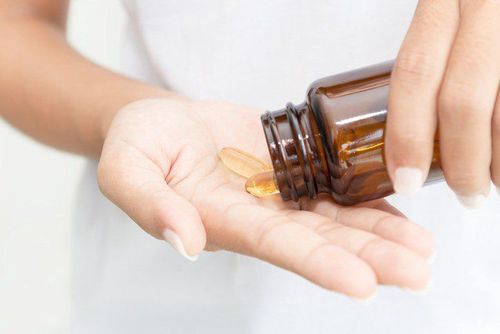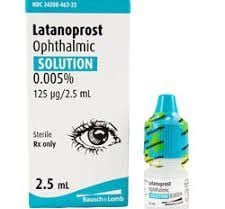This is an automatically translated article.
Video content is professionally consulted by Assoc. Prof, Dr., Doctor II Chu Hoang Van, Department of Medical Examination, Vinmec Times City International HospitalVitamin E is a fat-soluble vitamin, very important for the body, in recent years, vitamin E supplements have become more popular. However, the benefits and risks that vitamin E brings to the body are still unclear. The right way to take vitamin E will help prevent vitamin E deficiency or treat diseases that require vitamin E supplementation.
When the human body does not absorb enough vitamin E, it can be seriously affected, affecting the nerves, eyes and immune system. However, taking vitamin E regularly will cause an excess of vitamin E and create many other problems. According to health experts, to get the best health and take advantage of the benefits of vitamin E, it is necessary to have the right way to take vitamin E.
In fact, many people may not know what vitamin E does to the body but still supplement it daily in the hope of preventing diseases and having a beautiful healthy skin, there is no denying the benefits that Vitamin E gives the body, but taking vitamin E regularly is really not safe, it is necessary to consult a doctor.
Regular intake of vitamin E will cause the body to overdose, which not only does not help the aging process, but also promotes it to happen faster. In addition, those who do not know how to take vitamin E also need to pay attention to drug interactions with some other drugs. Vitamin E can create antagonism with vitamin K and increase blood clotting time or taking vitamin E with aspirin can interfere with platelet aggregation....
How to take vitamin E correctly according to recommendations in milligrams (mg) and international units (IU):
Children:
1 to 3 years old: 6 mg/day (9 IU) 4 to 8 years old: 7 mg/day (10.4 IU) 9 to 13 years old: 11mg/day (16.4 IU) Women:
14 years old and older: 15mg/day (22.4 IU) Pregnant women: 15mg/day (22.4 IU) Lactating mothers: 19mg/day (28.5 IU) Men 14 years and older take 15mg/day (22.4 IU)
Each person can supplement vitamin E in different ways, but don't forget foods rich in vitamin E from nature including: Canola oil, margarine, almonds, olive oil, and peanuts, meat, milk, green vegetables and fortified cereals....
Please dial HOTLINE for more information or register for an appointment HERE. Download MyVinmec app to make appointments faster and to manage your bookings easily.













